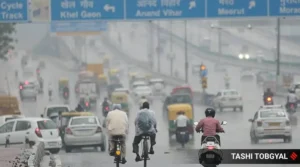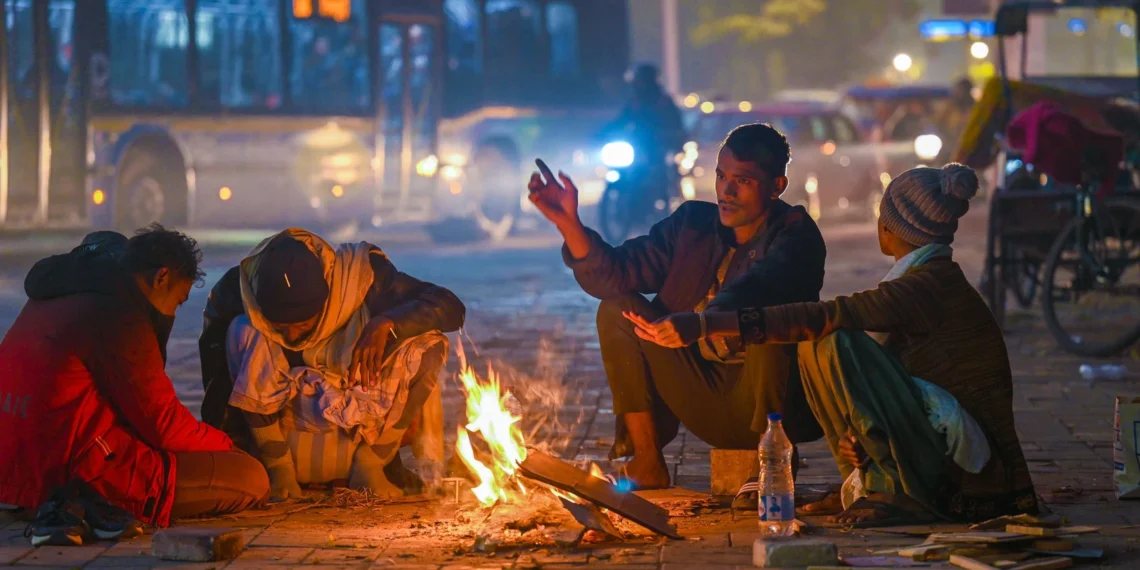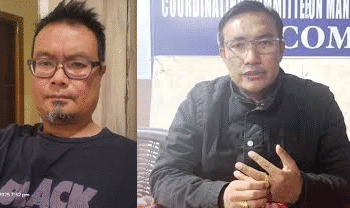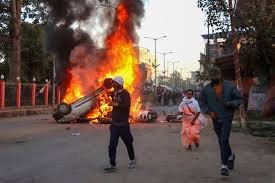By PC Bureau
A severe cold wave is set to impact North India, with temperatures expected to plummet across several states in the coming days. The Indian Meteorological Department (IMD) has issued a cold wave warning for the region, predicting a significant drop in temperatures starting this week.
The IMD has predicted that the cold wave will particularly affect regions including Delhi, Punjab, Haryana, Rajasthan, and parts of Uttar Pradesh, with temperatures dipping by 1 to 2 degrees Celsius in many areas. These conditions are expected to persist for several days, with the northern plains experiencing chilly weather due to north-westerly winds.
In an official statement, the IMD confirmed that temperatures are expected to dip well below the usual seasonal averages, affecting daily life and causing a potential health risk for vulnerable groups such as children, the elderly, and those with respiratory issues.
Impact on Major Cities
Delhi: Delhi, which has already seen a drop in temperatures, will continue to experience chilly weather over the next few days. According to the IMD, the national capital will see a gradual decline in temperatures with a forecasted low of around 7°C on December 16, rising slightly to 8°C by December 18. Highs are expected to hover between 22°C to 23°C. The IMD has urged residents to take precautions to avoid the risk of illnesses such as cold-related ailments, particularly in the early morning and late-night hours.
Chandigarh: The city of Chandigarh, known for its cool winters, will experience similar weather patterns. Temperatures are expected to dip to around 7°C by December 18, with highs of 22°C to 23°C. Experts warn that the cold wave could be more intense in the morning and evening, as the city braces for temperatures below the usual seasonal norms.

Amritsar: In Amritsar, the IMD has forecast a drop in temperatures with lows expected to reach around 2°C by mid-week. Highs will be moderate, with a maximum of 22°C. Despite the chilly temperatures, the cold wave is not expected to significantly affect the agricultural sector, though farmers are being advised to take appropriate steps to protect crops from the severe cold.
Jaipur: In Rajasthan, Jaipur will experience moderate winter conditions, with temperatures dropping to around 7°C over the next few days. The daytime highs will remain in the low 20s, but residents are advised to prepare for colder conditions, particularly in the early mornings and late evenings.
Cold Wave Conditions to Continue Through Week
The IMD has cautioned that the cold wave conditions will persist throughout the week, with temperatures likely to remain below normal in several states. These conditions are being fueled by the ongoing north-westerly winds from the Himalayas, which are driving the drop in temperatures. This weather pattern has led to the formation of fog and a reduction in visibility in many areas.
Health and Safety Advisory
With temperatures expected to fall drastically, the IMD has issued a series of health advisories. People are advised to wear warm clothing, especially when venturing out during the early morning or late evening, when temperatures are at their lowest. Vulnerable populations, including the elderly and children, are urged to take extra care to prevent cold-related illnesses, such as hypothermia and frostbite. Authorities are also advising people to limit outdoor exposure and avoid prolonged contact with low temperatures to prevent health complications.
Additionally, the IMD has recommended the use of proper heating devices in homes and workplaces, ensuring that there is adequate ventilation to prevent carbon monoxide buildup from devices like heaters.
Transport Disruptions Expected
The cold wave is also expected to disrupt transportation in several parts of North India. Dense fog is likely to reduce visibility, particularly in the mornings, which could cause delays in train services and flight schedules. Motorists are advised to exercise caution on the roads, with the fog potentially making driving conditions hazardous.
In the hilly regions of Himachal Pradesh and Uttarakhand, snowfall is predicted in higher altitudes, further complicating transportation and travel plans. Authorities in these areas have already issued warnings about the potential for slippery roads and advised tourists and locals to stay updated on weather reports.
Rising Concerns Over the Cold Wave
As the cold wave grips the region, there is growing concern about its potential impact on the daily lives of people. In states like Punjab and Haryana, farmers have been preparing for the cold weather by taking measures to protect their crops, which could be adversely affected by the low temperatures. Meanwhile, residents in urban areas are struggling with the challenges posed by the cold, particularly in densely populated areas where access to heating can be limited.
As North India braces for a prolonged cold wave, the IMD’s warnings have prompted both local authorities and residents to take necessary precautions. The expected drop in temperatures, coupled with the presence of fog and potential snowfall, has raised concerns about transportation disruptions, health risks, and the impact on agriculture. It remains crucial for everyone to stay informed about weather developments and to follow the IMD’s advisories to ensure their safety and well-being during this cold spell.













